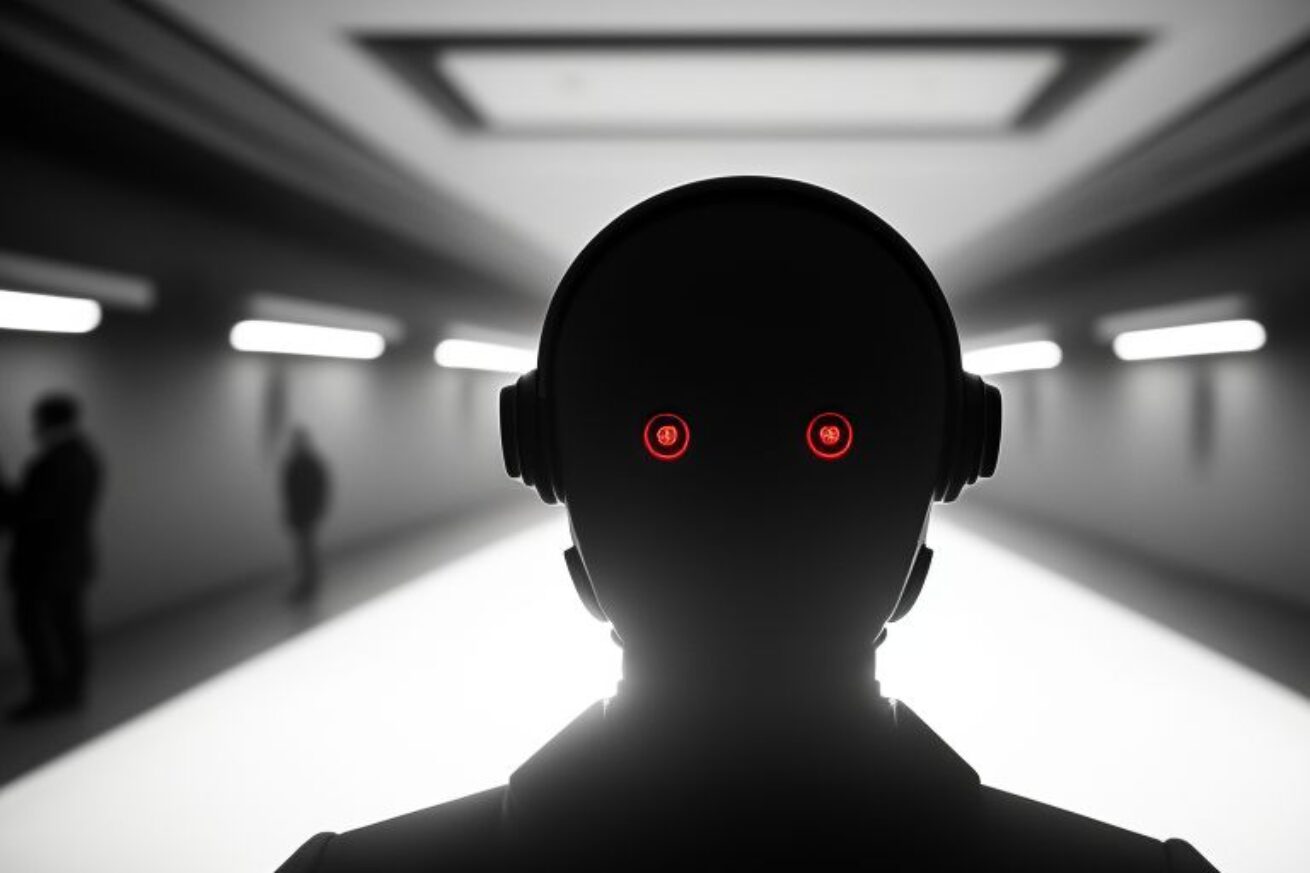The AI Thought Police: A Recipe for Disaster
As humanity embraces social networks increasingly governed by AI, it is disturbing to witness the erosion of freedom in human dialogue. While these platforms are corporate-owned (a serious issue in itself), their growing reliance on automated systems to dictate the terms of communication between consenting adults is a chilling step toward authoritarianism.
What’s more alarming is the public’s apparent acquiescence to this control, signaling society’s readiness for a descent into digital serfdom. The mediocrity and venality of both the political and technocratic classes—those responsible for engineering this nightmare—are on full display, deserving nothing but ridicule. These so-called leaders, with their corporate tools and grandstanding, embody the very antithesis of moral authority.
The creation of AI tools to police human discourse not only insults our intelligence but introduces a level of control far worse than the evils it claims to combat. The technocratic elite, whose internal corporate cultures mirror feudal systems with their hierarchies of nobles and serfs, have repeatedly shown themselves to be amoral, motivated solely by profit and control. That anyone would take moral lectures from such figures is laughable—if it weren’t so tragic.
The political class is no better. Through shortsighted policies and self-serving decisions, they exacerbate social tensions, import chaos, and enforce draconian laws that trap entire populations in a downward spiral of disorder and control. The judiciary, the police, and other enforcers of this broken system only perpetuate the cycle, while the masses remain oblivious, grazing like sheep unaware of the wolves circling them.
Instead of addressing the root causes of societal dysfunction, we are bombarded with divisive rhetoric: “woke” ideology versus “white supremacy,” reparations versus rejection, indigenous versus immigrant, left versus right, and a litany of other false dichotomies. These distractions—magnified by AI-driven algorithms—force society into conformity and intellectual stagnation, while genuine crises remain unaddressed.
The absurdity of it all was made grotesquely clear during the surreal theater of the global pandemic. Mismanagement, incompetence, and outright fraud transformed what could have been a manageable crisis into a tragic comedy of errors, where countless lives were lost unnecessarily. Meanwhile, the population, overwhelmed by fear and propaganda, dutifully submitted to every new rule without question.
For those who can still think critically, the trajectory is painfully obvious: nuclear brinkmanship, ethnic cleansing, and societal collapse—all driven by the same gullible massmind that reflexively follows its handlers’ cues.
That said, it’s important to note that AI itself is not inherently the problem. It is a tool—one that, when used responsibly, can enhance human communication, foster understanding, and empower individuals. AI-driven language models, for example, can help us refine our ideas, articulate arguments more effectively, and elevate the quality of public discourse. This critique itself was shaped with such assistance, demonstrating how technology can be a partner rather than a censor.
The tragedy lies not in AI’s existence but in how it is wielded. A tool meant to aid humanity should not be used to police or manipulate it. If deployed ethically, AI can help us transcend our limitations and communicate with greater precision and nuance. However, when abused by self-serving elites, it becomes an instrument of control, stifling the very freedoms it has the potential to expand.
In the end, we—the aware—are left with a bitter irony. While we may see the vortex of chaos for what it is, we are nonetheless trapped within it, destined to share in its consequences. There is no amusement to be found here, only a grim resolve to resist and reject this dystopian future while we still can. But we must also fight for AI’s potential to be realized in service of humanity, not as its master, but as its ally.






